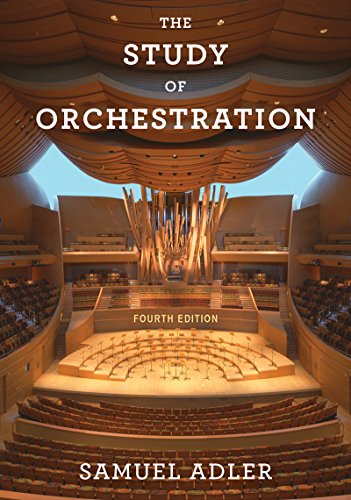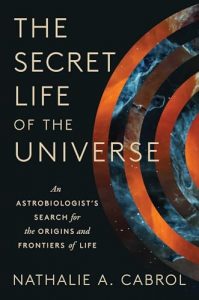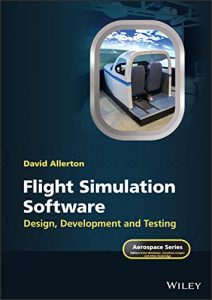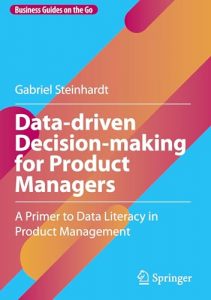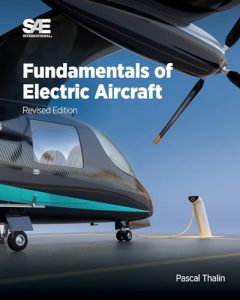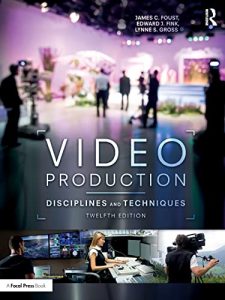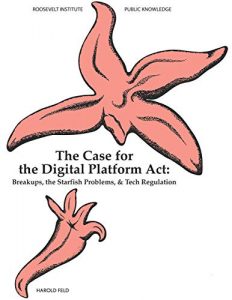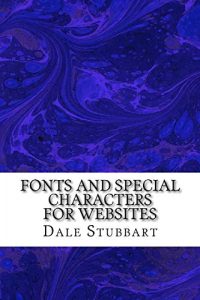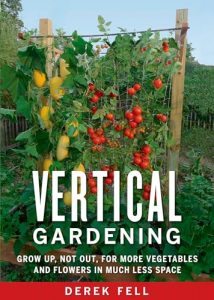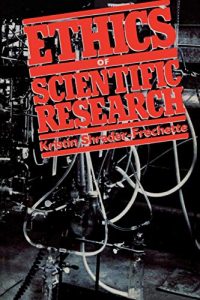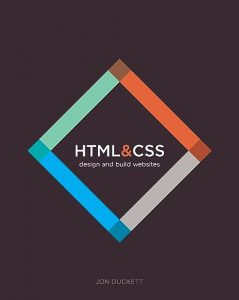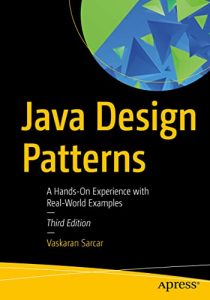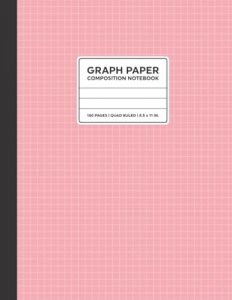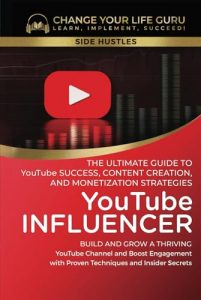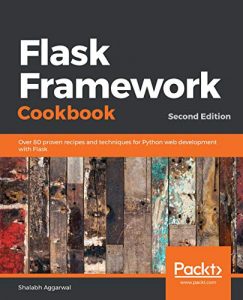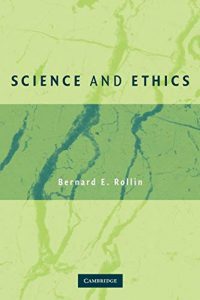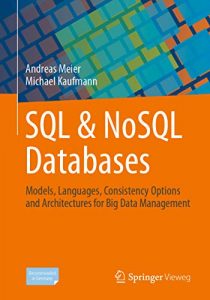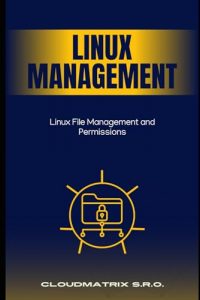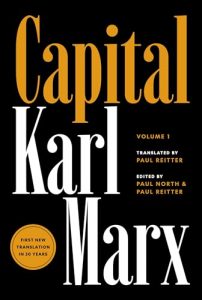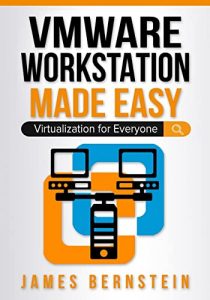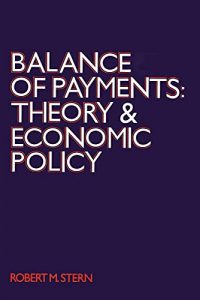The Study of Orchestration
Author: Samuel Adler
This comprehensive guide, The Study of Orchestration by Samuel Adler, is an essential resource for anyone serious about mastering orchestration. Adler’s work provides a detailed examination of orchestral instruments and their capabilities, ensuring that writers and composers can effectively communicate their musical ideas. The book features numerous scores and practical examples that illustrate the real-world applications of orchestration concepts. Its engaging writing style makes complex topics accessible, catering to novices and seasoned musicians alike. Whether you’re a composer looking to enhance your skills or a student of music, this book is an invaluable addition to your library.

Essential Dictionary of Orchestration
Authors: Dave Black, Tom Gerou
The Essential Dictionary of Orchestration is the ultimate practical resource for composers, arrangers, and orchestrators alike. This dictionary offers a wealth of information about orchestral instruments—what they can do, how they sound in various contexts, and tips for effective orchestration practices. With its user-friendly layout and comprehensive content, this work is perfect for quick reference during composition. Both beginner and advanced musicians will benefit from the informative entries that dissect each instrument’s capabilities, making this dictionary a must-have at any orchestral workstation.

Principles of Orchestration
Author: Nikolai Rimsky-Korsakov
Nikolai Rimsky-Korsakov’s Principles of Orchestration is a classic text that has stood the test of time. Originally published in 1964, this book distills the principles of orchestration and covers every aspect of instrument usage and technique. Rimsky-Korsakov’s insightful examples of orchestral scores help to clarify theoretical concepts and provide practical knowledge. This work is perfect for those who wish to deepen their understanding of how to blend instruments effectively to create rich, textured sounds. Aspiring composers and arrangers will find this book both educational and inspirational.

Orchestration
Author: Walter Piston
Orchestration by Walter Piston is an authoritative guide that explores the full range of orchestral instruments and their interactions within a composition. Piston’s teachings encapsulate essential techniques and innovative approaches for crafting orchestral music. This work is particularly useful for students and professionals alike, providing essential information about writing techniques and sound qualities. Piston’s experience as a composer and educator shines through in this book, making it a perfect choice for anyone seeking to master the intricacies of orchestral arrangements. A fundamental read for every serious musician.

Workbook for The Study of Orchestration
Author: Samuel Adler
The Workbook for The Study of Orchestration complements its main text and serves as an interactive companion, filled with exercises to reinforce your learning. Adler encourages hands-on practice, allowing you to apply orchestration concepts in real-time. Whether you are working through assignments or simply honing your skills, this workbook is invaluable for solidifying your understanding of notation and orchestration. It’s ideal for students, making complex ideas approachable through engaging tasks that stimulate creativity. Unlock your potential and take your orchestration skills to the next level with this dedicated workbook.

Sounds and Scores: A Practical Guide to Professional Orchestration
Author: Henry Mancini
Sounds and Scores, written by renowned composer Henry Mancini, provides invaluable insights into the orchestration process. This book is targeted at professionals seeking to refine their orchestration skills, featuring a variety of techniques, examples, and scores from Mancini’s illustrious career. Readers will find practical advice on instrumentation, orchestral color, and style, along with tips on collaborative practices with other musicians. This book stands out as one of the most approachable yet comprehensive guides to professional orchestration, making it a must-read for aspiring composers aiming to create memorable musical experiences.

The Technique of Orchestration
Authors: Kent Kennan, Donald Grantham
This detailed volume, The Technique of Orchestration, guides readers through the vital techniques used in orchestration today. Kennan and Grantham provide clear explanations and practical examples to enhance comprehension and foster creativity. The book is widely respected for its depth and clarity, making it accessible to both students and experienced orchestrators. It includes a wealth of exercises designed to advance your understanding and capabilities in orchestration. With a strong emphasis on the practical application of techniques, this book is an essential tool for anyone looking to develop their skill set in orchestral writing.

Instrumentation and Orchestration
Author: Alfred Blatter
Instrumentation and Orchestration by Alfred Blatter is a thorough exploration of orchestral writing and instrumental capabilities. This work offers readers a balanced mix of theoretical knowledge and practical advice, enriched with abundant examples. Blatter’s emphasis on the unique timbres of each instrument guides musicians in crafting sonorous compositions. It’s a brilliant reference for anyone seeking to deepen their orchestration knowledge, and is especially helpful for those involved in composition, arrangement, or education. This book bridges the gap between theory and practice, firmly establishing itself as a staple resource.

Orchestration (Dover Books On Music: Analysis)
Author: Cecil Forsyth
Orchestration by Cecil Forsyth is a distinguished guide that provides numerous insights into orchestral effectiveness and performance. It is both a manual and a practical historian of orchestration that addresses the nuances of instrument combination and orchestral texture. Forsyth’s thorough analysis includes historical perspectives and emphasizes the performer’s role, making it an enriching read for students and professionals alike. This book is not just a guide—it’s an exploration of the art of orchestration through the ages and is sure to spark inspiration.


